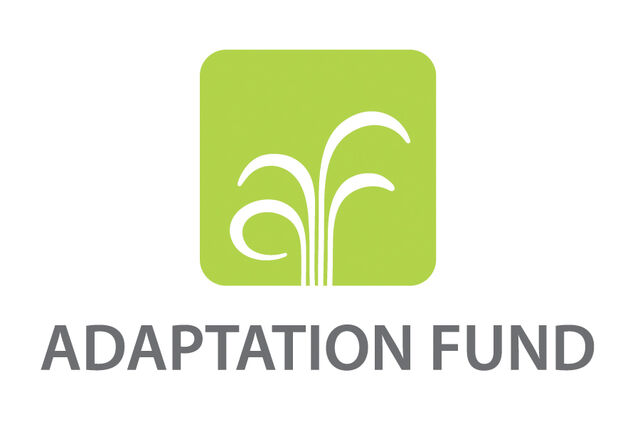This WASP brief looks at adaptation decision support tools and platforms. The Science for Adaptation Policy Brief Series targets researchers, policymakers, and practitioners to help them bridge the science-policy-action interface.
Key messages
• Decision support for adaptation should be useful (relevant, comprehensive, and reliable) and usable (accessible, authoritative, attractive, and engaging).
• Failure to deliver successful decision support can arise because of misalignment between the expectations of users and what developers can deliver, misunderstanding and misrepresentation of user needs and capabilities by developers, and inappropriate application by users.
• Success can only be achieved through intensive engagement between developers and intended users at all stages from planning to implementation, evaluation, and updating. This engagement may take the form of consultation, co-design, and co-production, with the adaptation community contributing their real-life experience.
• Success requires long-term monitoring and evaluation of the effectiveness of decision support resources and tools as a basis for continuous learning and improvement to retain policy and practice relevance. In turn, this requires sustained human and financial resources beyond the initial development phase.









